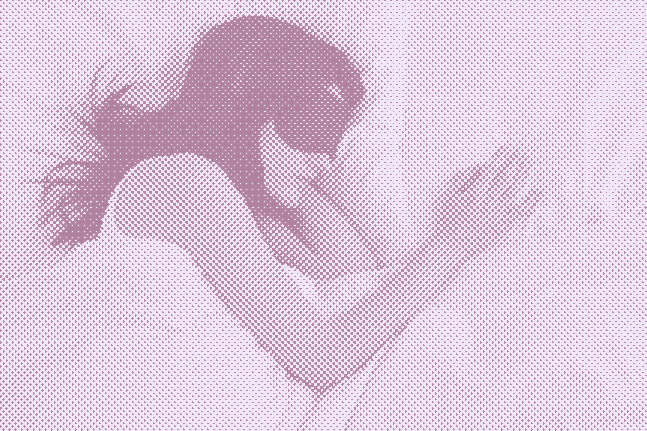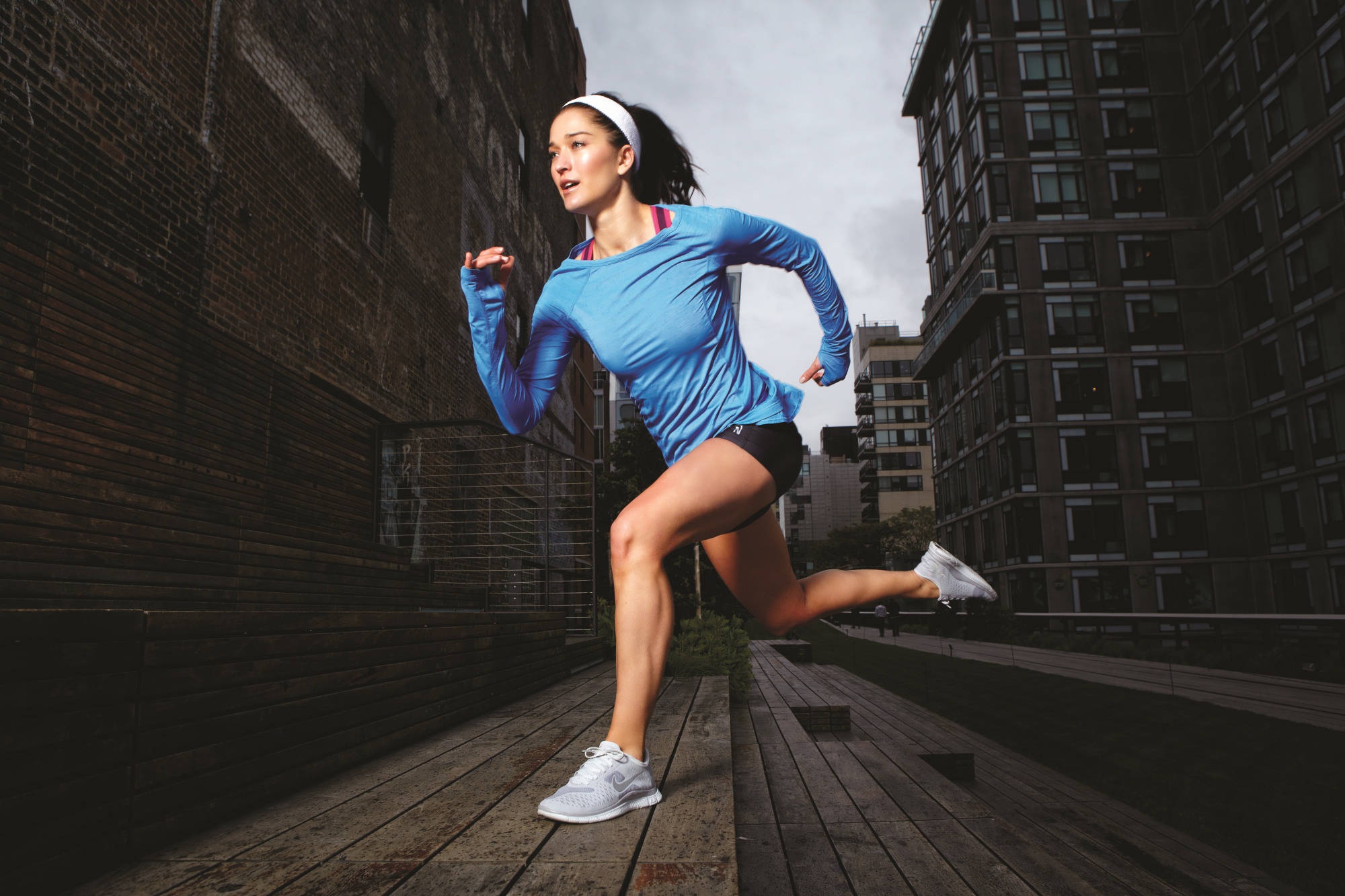What comes into your mind when you hear the word sleep? It doesn’t take a genius to say that people would most likely say the following things: low lights, warm milk, tea, a comfortable bed, a good night story, a teddy bear, or even worse - sleeping pills.
If I were to be asked, I’d say exercise. Yes, you read that right - exercise. You’re probably wondering how something you usually do after you wake up help you achieve a sleep so satisfying that you won’t need sleeping pills or medicine for headache and fever. So, whether you are or otherwise, check out this article which explains why exercise helps you sleep.
It’s Complicated
Believe it or not, exercise and sleep is actually correlated. However, their connection with one another isn’t exactly a basic and clear-cut one. Apparently, this has something to do with the correlations between sleep, exercise, and temperature.
Hot and Cold
It doesn’t take a math genius to know that the normal body temperature goes up in the morning and gradually goes down at night. This decrease in the body temperature is a possible trigger for sleep. Exercise, on the other hand, raises it by two degrees. So, how do you make something that causes an increased body temperature promote sleep if sleep is triggered by a lowered body temperature? Timing. A twenty-minute exercise will keep your body warmer by two degrees. In a span of a few hours, your body will cool down. And when it does, that time would be the perfect time to sleep.
Timing Is Everything
Therefore, if you want to use exercise as a means to achieve a natural and highly restorative rest, exercise three to six hours before you sleep. On the other hand, if you exercise around one or two hours before you sleep, don’t expect to succeed in hitting the sack.

This is because physical activity makes the adrenal glands secrete epinephrine, a natural hormone that increases blood glucose for energy, heart and breathing rate, blood pressure, and temperature. All those things counteract sleep, which makes it difficult to get some quality shuteye.
Heart Matters
Also, do note that not all types of exercise promote sleep. In order to achieve this desired effect, you need to do a vigorous cardiovascular workout. That means you need to do an activity that makes your heart rate constantly elevated and your muscles continuously pumping for at least twenty minutes. Walk, run, bike, jog, dance, play a sport - whatever it takes to get your heart beating faster and your muscles flexing.
Dedication

However, despite your newly acquired knowledge, you really won’t be able to appreciate the results until exercise has become a part of your routine. In a study by Dr. Kelly Glazer Baron that aims to see the correlation of exercise and sleep, a group of insomniac women with sedentary lifestyles was divided into two - those who had to exercise, and those who don’t. The study was done in a span of sixteen weeks. While those who had to exercise slept longer, deeper, and waked less at nights, there were hardly any immediate effects. Therefore, if you want exercise to effectively promote sleep, it must become a habit.
Conclusion
By doing at least twenty minutes’ worth of cardiovascular workout three to six hours before sleeping, you can have a more relaxing and restorative slumber. However, if you want it to be truly effective, it should be a daily practice.
In short, if you want to catch some z’s, then you better change your life and get physical.